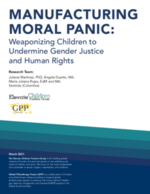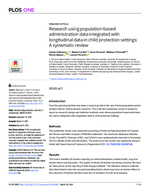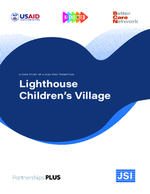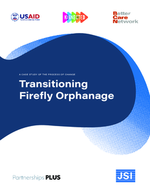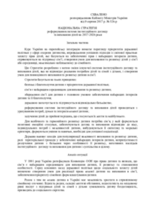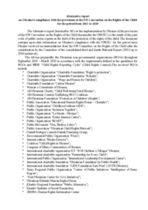Manufacturing Moral Panic: Weaponizing Children to Undermine Gender Justice and Human Rights
This report explores how gender-restrictive groups are using child protection rhetoric to manufacture moral panic and mobilize against human rights, and how this strengthens the illiberal politics currently undermining democracies.

